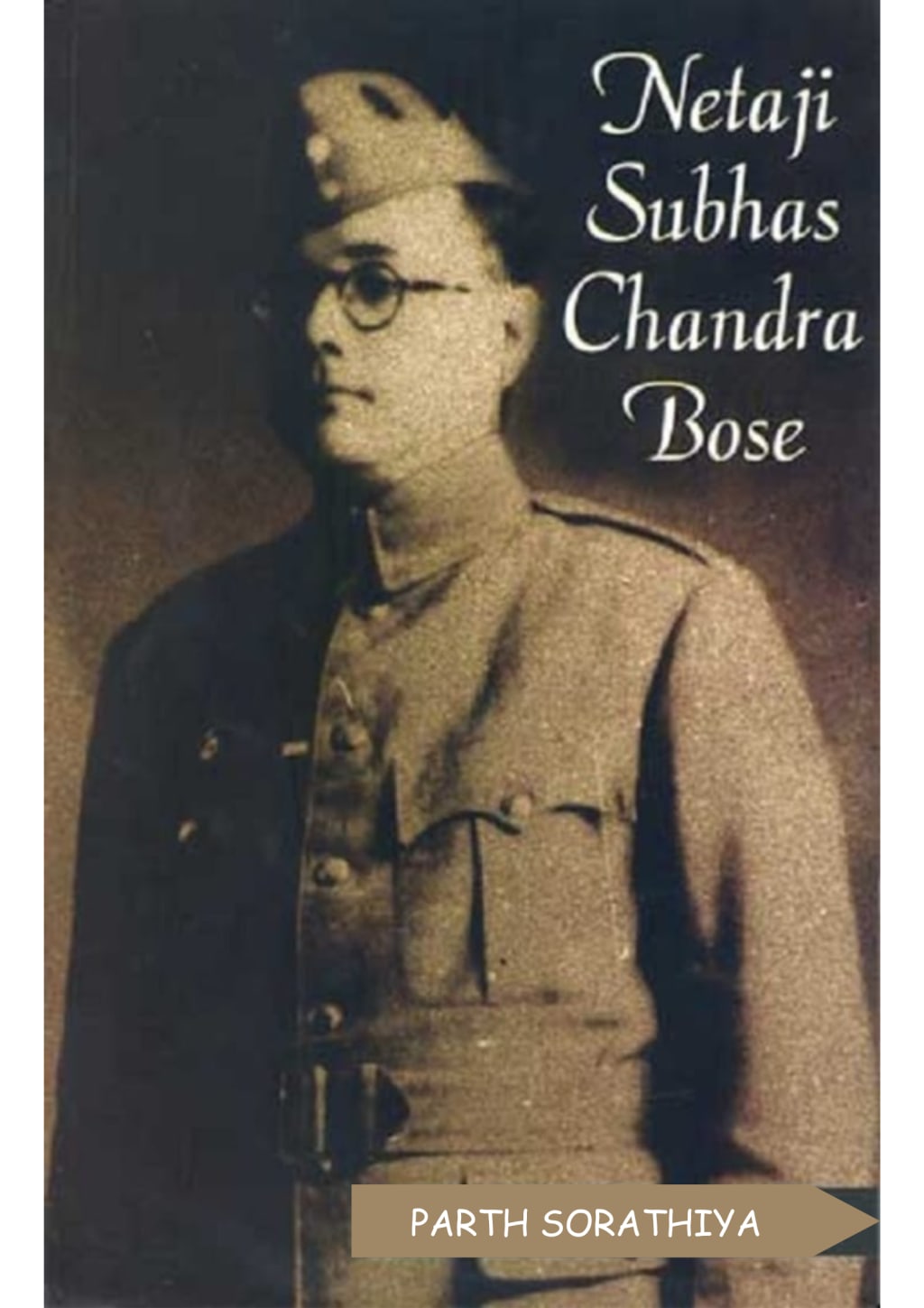
Early Life and Education:
Subhas Chandra Bose, popularly known as Netaji, was born on January 23, 1897, in Cuttack, Odisha, then part of the Bengal Presidency under British India. He was the ninth child among fourteen siblings in a well-to-do Bengali family. His father, Janakinath Bose, was a prominent lawyer, and his mother, Prabhavati Devi, was a pious and devout lady.
Bose's early education was at the Protestant European School (presently Stewart High School) in Cuttack. He later moved to Ravenshaw Collegiate School, where he was a brilliant student. In 1913, he joined the Presidency College in Calcutta (now Kolkata), but his nationalistic sentiments led to his expulsion following a clash with a British professor. He then continued his studies at Scottish Church College, Calcutta, earning his degree in 1918.
Higher Studies and Entry into Politics:
In 1919, Bose went to England to prepare for the Indian Civil Services (ICS) examination, succeeding with distinction. However, he resigned from the prestigious service in 1921, influenced by Mahatma Gandhi's philosophy and the growing nationalist movement. Returning to India, he joined the Indian National Congress (INC) and became a close associate of Chittaranjan Das, a prominent nationalist leader.
Rise in the Indian National Congress:
Subhas Chandra Bose's leadership skills and organizational abilities quickly gained him prominence within the Congress. He was elected President of the All India Youth Congress and the Secretary of the Bengal State Congress. Bose advocated for complete independence and was critical of the Congress's moderate approach, often clashing with the more conservative leaders.
In 1938, Bose was elected President of the Indian National Congress in Haripura and re-elected in 1939 in Tripuri. However, ideological differences with Mahatma Gandhi and other leaders led to his resignation from the presidency.
Formation of the Forward Bloc:
After resigning from the Congress presidency, Bose formed the Forward Bloc within the Congress in 1939, aiming to consolidate the political left. His vision was a broad anti-colonial front that included various sections of Indian society. Despite facing increasing opposition and isolation from the Congress leadership, Bose continued his fight for complete independence.
World War II and the INA:
During World War II, Bose saw an opportunity to leverage global conflicts for India's independence. He escaped from house arrest in India in 1941 and made his way to Nazi Germany, where he sought support for India's independence from the Axis powers. Disillusioned with the German support, he traveled to Japan in 1943, where he took command of the Indian National Army (INA), originally formed by Indian POWs in Southeast Asia.
Under Bose's leadership, the INA fought alongside the Japanese against the British forces in Burma (now Myanmar) and northeastern India. Although the INA's efforts were militarily unsuccessful, Bose's charismatic leadership and the INA's sacrifices galvanized the Indian independence movement.
Disappearance and Legacy:
Subhas Chandra Bose's mysterious disappearance in August 1945, following a reported plane crash in Taiwan, has been a subject of enduring speculation and controversy. Despite various investigations, the exact circumstances of his death remain unclear.
Bose's legacy as a freedom fighter and a nationalist leader is deeply etched in Indian history. His call for complete and unconditional independence and his efforts to mobilize Indian diaspora communities globally have made him a revered figure. Netaji Subhas Chandra Bose remains an enduring symbol of courage, patriotism, and the relentless pursuit of freedom.
Philosophy and Impact:
Bose's political philosophy was marked by a synthesis of nationalism and socialism. He believed in armed struggle against British rule and sought to build a secular and egalitarian society in India. His efforts to forge unity among various religious and ethnic groups in India and his vision of a self-reliant nation continue to inspire generations.
In recognition of his contributions, various institutions, airports, and roads in India bear his name. The Indian government posthumously honored him with the Bharat Ratna, India's highest civilian award, in 1992.
Subhas Chandra Bose's life and legacy continue to be a source of inspiration, symbolizing the indomitable spirit of India's struggle for independence and its quest for justice and equality.
About the Creator
writersteps production
SOMEDAY, YOU'RE GOING TO BE SOMEONE'S FAVOURITE AUTHOR.......
Enjoyed the story? Support the Creator.
Subscribe for free to receive all their stories in your feed. You could also pledge your support or give them a one-off tip, letting them know you appreciate their work.






Comments
There are no comments for this story
Be the first to respond and start the conversation.